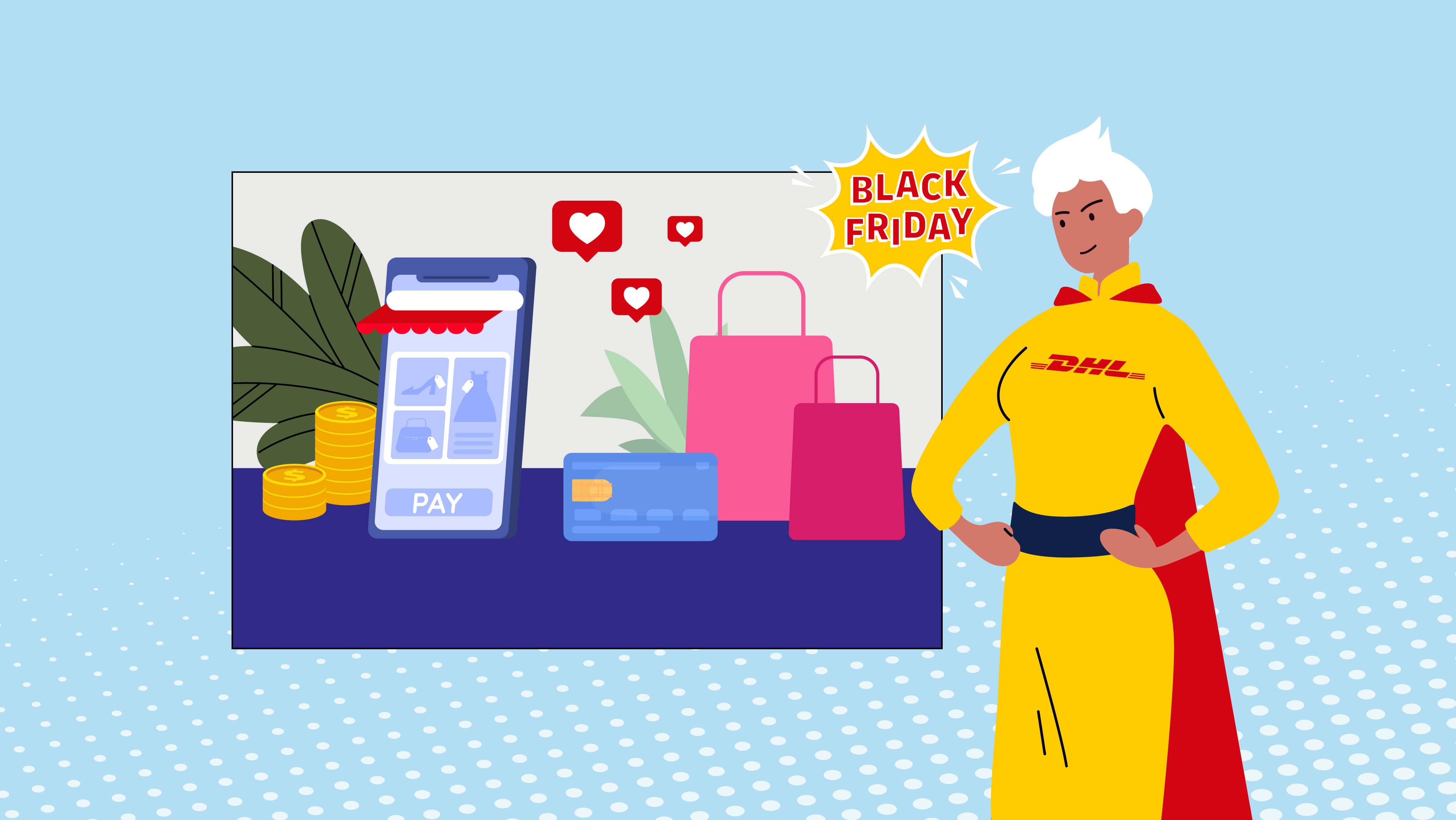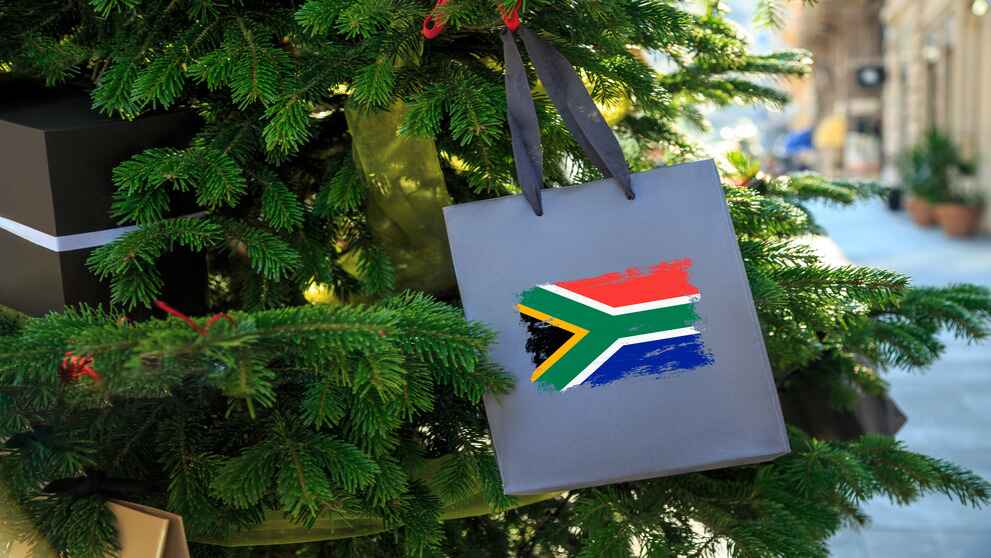
Seasonal Shopping Success: Profitable Product Categories for South Africa’s SMEs
As the festive season approaches, South Africa witnesses an uptick in consumer spending and a surge in online shopping, mirroring global trends. This festive fervor offers a unique opportunity for small and medium enterprises (SMEs) to capture new clientele and amplify their sales figures.
In a competitive landscape, identifying high-demand products is crucial to standing out. With e-commerce thriving, aligning your offerings with consumer preferences ensures your business is well-positioned for success.
Spotlight on South Africa’s Online Shopping Trends
A recent survey of 2,034 South African consumers highlights clothing and footwear as leading online purchases. An impressive 54% of respondents reported buying clothing online, with 40% opting for footwear. Other significant categories include food and beverages (excluding restaurant deliveries), cosmetics, body care, and accessories. Collectively, these categories represent the bulk of online transactions in South Africa.
This trend underscores a growing shift towards online shopping, particularly in fashion and personal care. As e-commerce continues its upward trajectory, these categories are poised for further growth, shaping the future of online retail.

Top Categories to Drive Your Sales
Here’s an in-depth look at the top product categories and strategies to leverage this demand:
Fashion and Accessories Sustainable and ethical fashion is gaining traction across South Africa, presenting a lucrative niche. Stocking items made from recycled materials, vegan accessories, and chic jewelry can attract eco-conscious shoppers. Highlighting your sustainability commitment can further enhance appeal.
Health and Wellness Products With a heightened focus on well-being, South Africans are turning to vitamin supplements, essential oils, and fitness trackers. The pandemic has amplified interest in health, making this category a perennial favourite. Offering reputable brands and educational content can foster customer loyalty.
Beauty and Personal Care Natural and organic skincare, along with the latest beauty trends like Korean beauty (K-beauty), continue to captivate consumers. These products often perform well due to their giftable nature. SMEs can boost sales by offering samples, tutorials, or gift-wrapping services.
Home and Kitchen Appliances The festive period sees a spike in demand for home and kitchen gadgets. Popular items include air fryers, coffee makers, and multi-functional blenders. Bundling complementary appliances can encourage bulk purchases.
Educational Toys and Games Parents increasingly seek toys that blend fun and learning. STEM kits, language games, and interactive puzzles are in demand. Clearly categorizing products by age can simplify shopping for consumers.
Consumer Electronics and Accessories Electronics like smartphones and laptops, along with accessories such as wireless earbuds and smartwatches, are consistent bestsellers. Offering exclusive bundles or discounts can help SMEs stand out.
Pet Supplies From gourmet pet food to chic accessories, pet products are a hot market in South Africa. Unique or high-quality items can attract pet owners, especially when paired with engaging promotions.

Marketing Tips for Small Businesses
Leverage Social Media: Use platforms like Instagram and Facebook to showcase your products with vibrant visuals and holiday-themed campaigns.
Enhance Your Online Store: Ensure smooth navigation, detailed product descriptions, and mobile optimization to cater to South Africa’s growing number of online shoppers.
Bundle and Discount: Offer bundled products or discounts to encourage larger purchases.
Focus on Customer Experience: Provide free delivery for holiday purchases or implement hassle-free returns to build trust.
Conclusion
By focusing on these high-demand categories and employing effective marketing strategies, small businesses can seize the holiday season's potential to drive substantial sales. With the right preparation and a customer-centric approach, the holidays can be a launching pad for long-term success in South Africa’s e-commerce landscape.







